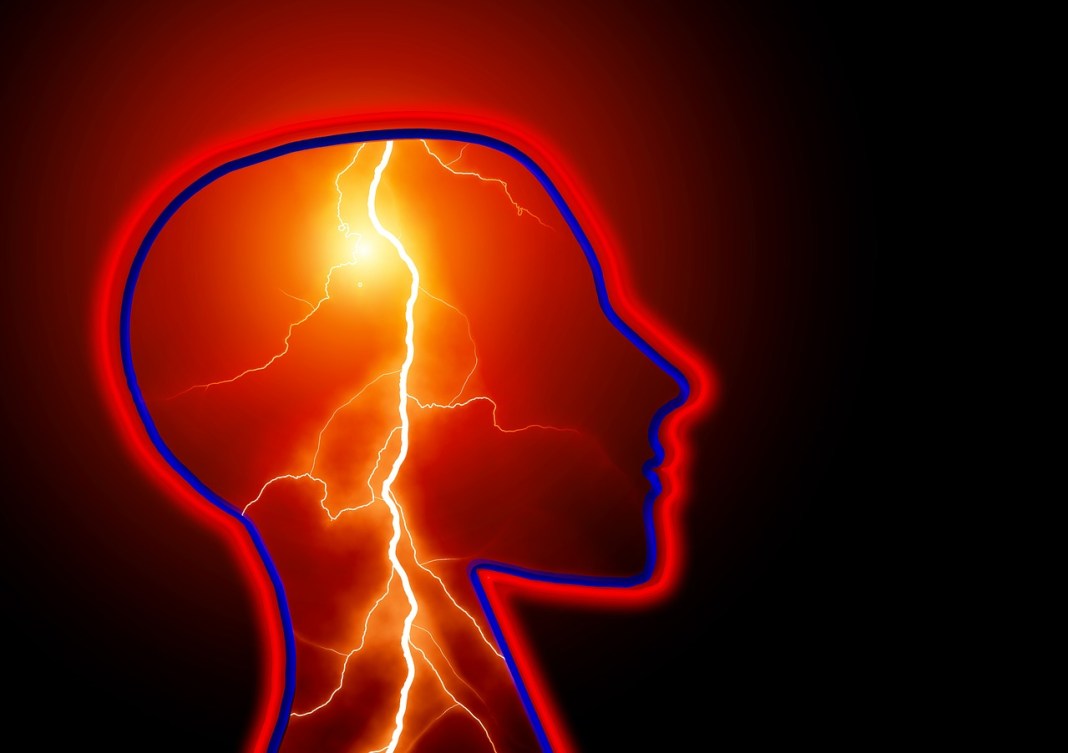A new double-blind, placebo-controlled study just published results concluding what many people have been advocating for years: medical cannabis, specifically CBD, can help reduce epilepsy seizures in pediatric patients.
This study targeted two specific areas. Firstly, studies whether cannabidiol, also known as CBD, could reduce epilepsy seizures. Secondly, the study narrowed its scope to children suffering from Dravet Syndrome. By focusing on these two aspects and creating the first stringent study of its kind, researchers at the Comprehensive Epilepsy Center at New York University Langone Medical Center were able to show, with statistical significance, that CBD can improve the overall quality of life in children with Dravet Syndrome.
Exploring how to treat children with Dravet Syndrome, a rare and extreme form of epilepsy was the driving force behind this study. The seizures many children suffer from are typically drug-resistant and can be near continuous in some extreme cases. In order to be considered for the study, children had to have Dravet Syndrome and be on anti-seizure medication. In total, there were 120 children chosen to participate in the study.
Additionally, researchers were motivated by the anecdotal evidence they had seem regarding CBD’s effect on reducing convulsive seizures and improving the overall quality of life for children with Dravet. CBD is the non-psychoactive part of the cannabis plant. CBD is also found in the hemp plant, where the THC percentage is significantly lower and the CBD is higher. CBD is thought to have positive side-effects, but will not get the user “high.” For these types of studies, the CBD is found in strains of hemp that generally have less than 0.3 percent THC in them. This is especially important when treating children.
The results of the study are extremely promising. In the group of children receiving CBD, a significant percentage of the group (36%) showed a reduction in seizures. And three of the fifty-two patients ended up being completely seizure free. It’s important to note that there was no significant reduction in non-convulsive seizures, though there were some extraneous variables that make it hard to accurately account for this. Especially when dealing with developmentally delayed seizures, it is difficult for parents and researchers to tell when a child is having a non-convulsive seizure of just experiencing other behavioral difficulties.
Overall, 62% of parents in the CBD group reported that their child’s quality of life had improved immensely after receiving treatment. This is compared to only 34% of parents in the placebo group. Giving further proof beyond the statistical significance, over 100 families were elected to continue receiving CBD treatment in an open-label extension of the study.
Looking to the future, the lead researcher of the study, Orrin Devinsky, hopes that these kinds of results will help to convince Capitol Hill to change legislation regarding the classification of cannabis as a schedule I drug.
In the United States, while 16 states approve the use of CBD to treat children with epilepsy, it is still illegal under federal law. However now, there is anecdotal, historical, and statistically significant evidence to back up what parents of children with Dravet Syndrome have been claiming for years: CBD helps their children live better lives.
[Image credit: Wikimedia.Commons]






